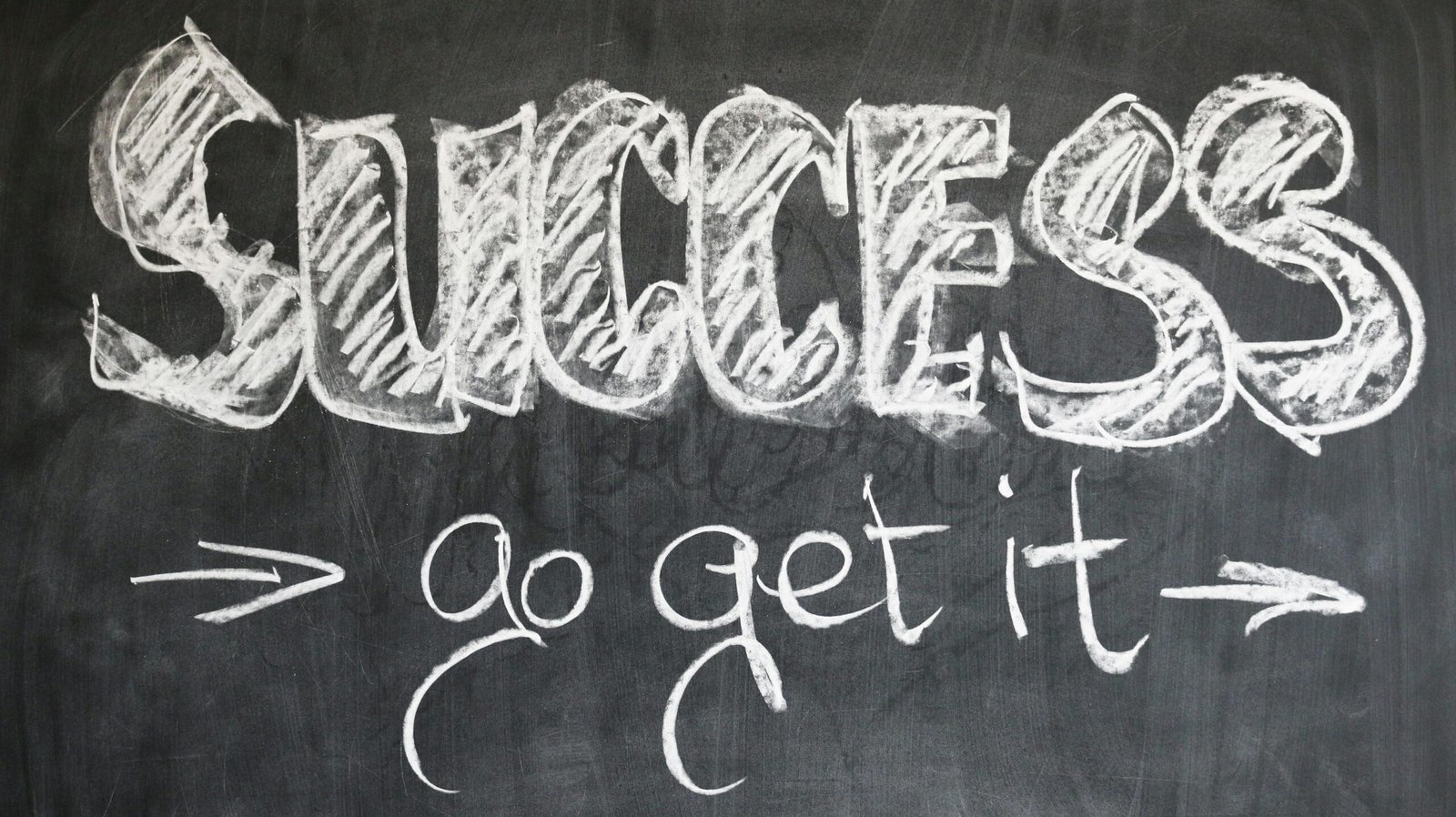In today’s fast-paced world, stress has become an unwelcome companion for many professionals. Whether you’re juggling deadlines, handling work pressures, or managing the demands of personal life, stress can take a significant toll on your well-being. But don’t worry – there are plenty of ways to manage it, even in the busiest of times. In this article, we’ll explore some highly effective stress-relief techniques that busy professionals can incorporate into their daily routines.
Understanding Stress: Why It’s an Issue for Professionals
Stress is more than just a feeling of being overwhelmed. It’s a natural response to external pressures, but when it becomes chronic, it can seriously affect both your mental and physical health. As a professional, you’re constantly balancing multiple tasks, meeting expectations, and perhaps even dealing with difficult clients or coworkers. It’s no wonder that stress seems to creep up when you least expect it.
But here’s the thing: stress isn’t all bad. A little stress can actually motivate you to stay on task and perform well. The key is knowing how to manage it before it spirals into something harmful.
Recognizing the Signs of Stress
Before diving into stress-relief techniques, it’s important to recognize the signs of stress. These can vary from person to person, but common symptoms include:
- Fatigue and lack of energy
- Difficulty concentrating
- Irritability or mood swings
- Increased heart rate or shallow breathing
- Muscle tension, especially in the neck and shoulders
- Sleep disturbances
Once you start noticing these signs, it’s time to take action. The longer you ignore stress, the harder it becomes to manage.
Stress-Relief Techniques That Actually Work
Managing stress doesn’t require drastic changes. Small, consistent adjustments to your routine can have a huge impact. Let’s break down some effective stress-relief techniques that can help you keep calm, even when your schedule is packed.
1. Mindfulness Meditation: A Quick Reset for Your Mind
One of the most powerful tools in stress management is mindfulness meditation. This practice allows you to focus on the present moment, reducing anxiety about the future or past. Even just 5–10 minutes a day can help you regain focus and calm your nerves.
How to Start: Find a quiet space, close your eyes, and focus on your breathing. If your mind wanders, gently guide it back to your breath. You can also use guided meditations available on apps like Headspace or Calm to help you get started.
2. Deep Breathing Exercises: Instant Stress Relief
Deep breathing is a simple yet effective way to activate your body’s relaxation response. When you’re stressed, your body enters “fight or flight” mode, which can make you feel jittery and overwhelmed. Deep breathing counteracts this by slowing your heart rate and calming your nervous system.
Try This: Take a slow, deep breath in for a count of four, hold for four, and exhale for a count of four. Repeat this cycle for 3–5 minutes, and you’ll immediately feel a sense of calm.
3. Exercise: A Natural Mood Booster
Physical activity is one of the most effective ways to relieve stress. Exercise increases the production of endorphins, your body’s “feel-good” chemicals. It also improves sleep, boosts self-esteem, and provides an outlet for pent-up emotions.
Quick Tip: Even if you don’t have time for an hour at the gym, a brisk 10-minute walk around the block can work wonders. Stretching or doing yoga for just a few minutes during your lunch break can also provide significant relief.
4. Prioritize Sleep: Recharge Your Body and Mind
It’s tempting to sacrifice sleep when you’re under pressure, but that can backfire. Lack of sleep not only affects your mood but also impairs your ability to think clearly and make decisions. A good night’s rest is essential for stress management.
Sleep Tips:
- Stick to a regular sleep schedule, even on weekends.
- Limit screen time an hour before bed to help your body wind down.
- Create a bedtime ritual, like reading a book or practicing deep breathing, to signal to your body that it’s time to relax.
5. Time Management: Control Your Schedule, Not the Other Way Around
Often, stress arises when we feel out of control of our schedules. Learning how to effectively manage your time can alleviate a lot of pressure. The key is prioritizing tasks, breaking down large projects into smaller steps, and setting realistic deadlines.
Pro Tip: Use tools like calendars, planners, or digital apps (like Todoist or Trello) to organize your tasks and track your progress. A clear overview of your day can help you stay focused and reduce anxiety about missed deadlines.
6. Practice Gratitude: Shift Your Focus
When stress takes over, it’s easy to focus only on what’s going wrong. A gratitude practice helps shift your mindset, allowing you to recognize the positive aspects of your life and work.
Simple Steps: At the end of each day, write down three things you’re grateful for. They can be as small as a kind gesture from a colleague or as big as achieving a career milestone. Focusing on gratitude helps you see the bigger picture.
7. Take Regular Breaks: Rest Is Essential
It’s tempting to power through long hours without breaks, but this can increase stress levels and decrease productivity. Regular breaks help you stay refreshed and avoid burnout.
Break Time: Every 60 to 90 minutes, step away from your desk. Walk around, stretch, or take a short breather. The 5-minute pauses allow your mind to reset and return to work with renewed focus.
8. Stay Social: Talk It Out
Sometimes, talking about your stress can lighten the load. Having a supportive friend or colleague who understands what you’re going through can provide both emotional relief and practical advice.
Tip: Schedule a coffee break with a coworker or friend. Even just venting for a few minutes can make a big difference in how you feel.
9. Laughter: The Best Medicine
Laughter is a natural stress-reliever. It triggers the release of endorphins and promotes an overall sense of well-being. Whether you’re watching a funny video, attending a comedy show, or joking with coworkers, laughter helps to break the cycle of stress.
How to Use Laughter: Don’t take yourself too seriously. Look for humor in everyday situations. Share a funny meme or text with a colleague to lighten the mood during a busy day.
10. Aromatherapy: A Simple Stress-Relief Hack
Essential oils can be a simple but effective way to reduce stress. Scents like lavender, chamomile, and eucalyptus have calming properties that can soothe your mind and body.
Quick Aromatherapy Tip: Place a few drops of essential oil on a cotton ball or use a diffuser at your desk. The calming aroma will help create a stress-free environment.
Long-Term Strategies for Managing Stress
While quick fixes are helpful, long-term strategies are essential for overall well-being. Implementing sustainable habits into your lifestyle can make a world of difference in how you handle stress.
11. Build Healthy Relationships: Support Matters
Having a strong support system is crucial for stress management. Whether it’s family, friends, or coworkers, people who care about you can provide perspective, empathy, and comfort during tough times.
12. Learn to Say No: Don’t Overcommit
One of the easiest ways to reduce stress is to stop taking on too many tasks. Learning how to say no or delegate responsibilities can keep your workload manageable and prevent burnout.
13. Practice Self-Care: Make Time for Yourself
Self-care isn’t just about spa days or vacations. It’s about consistently doing things that make you feel rejuvenated and happy, whether that’s reading a book, cooking a favorite meal, or enjoying a hobby.
Conclusion: Manage Stress to Improve Your Productivity
As a busy professional, stress is inevitable. However, by implementing effective stress-relief techniques, you can manage it before it becomes overwhelming. Incorporating mindfulness, exercise, time management, and social support into your daily routine can help you keep your stress levels in check, improve your focus, and enhance your overall well-being.
Remember: Stress is a part of life, but you don’t have to let it control you. With the right strategies, you can turn it into a tool for growth, rather than a barrier to your success.
FAQs
1. How long should I meditate to reduce stress?
Start with just 5–10 minutes per day. Even a short session of mindfulness can make a noticeable difference in reducing stress.
2. Can exercise really help with stress?
Yes! Exercise releases endorphins, which are natural mood boosters. Regular physical activity can reduce anxiety, improve sleep, and boost your overall resilience to stress.
3. What’s the best way to practice time management when I’m overwhelmed?
Prioritize your tasks by urgency and importance. Break down large projects into smaller, manageable steps. Using a planner or digital tool can help you stay organized and reduce feelings of overwhelm.
4. What should I do if I feel stressed at work but don’t have time for a break?
Try taking a quick 2–3 minute deep breathing break. Even if you can’t step away from your desk, breathing deeply can calm your nervous system and help reset your focus.
5. How do I know if my stress is becoming too much to handle?
If you’re experiencing chronic physical symptoms (like headaches or trouble sleeping), feeling constantly anxious, or if your stress is affecting your relationships or productivity, it may be time to seek professional help.




